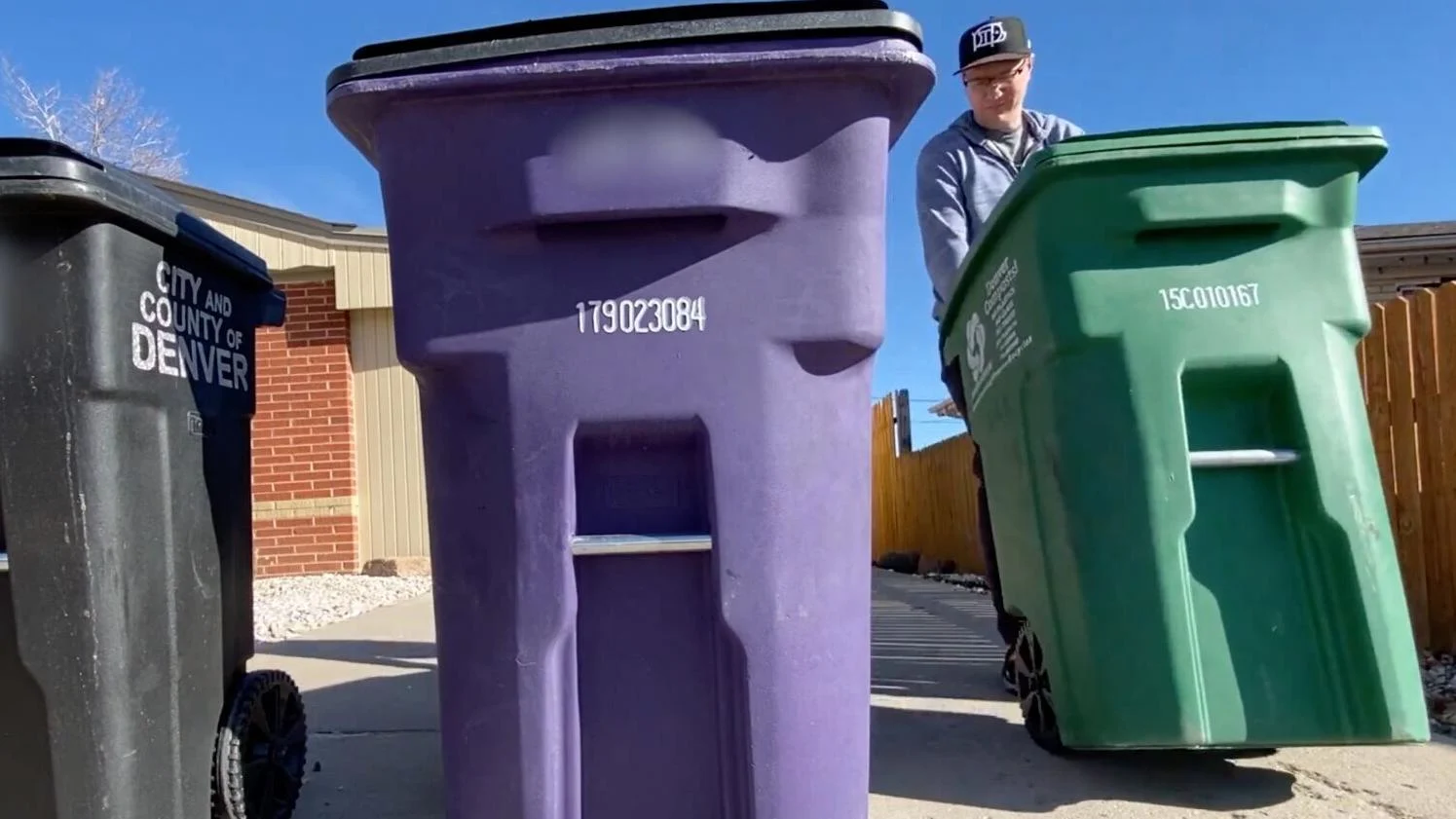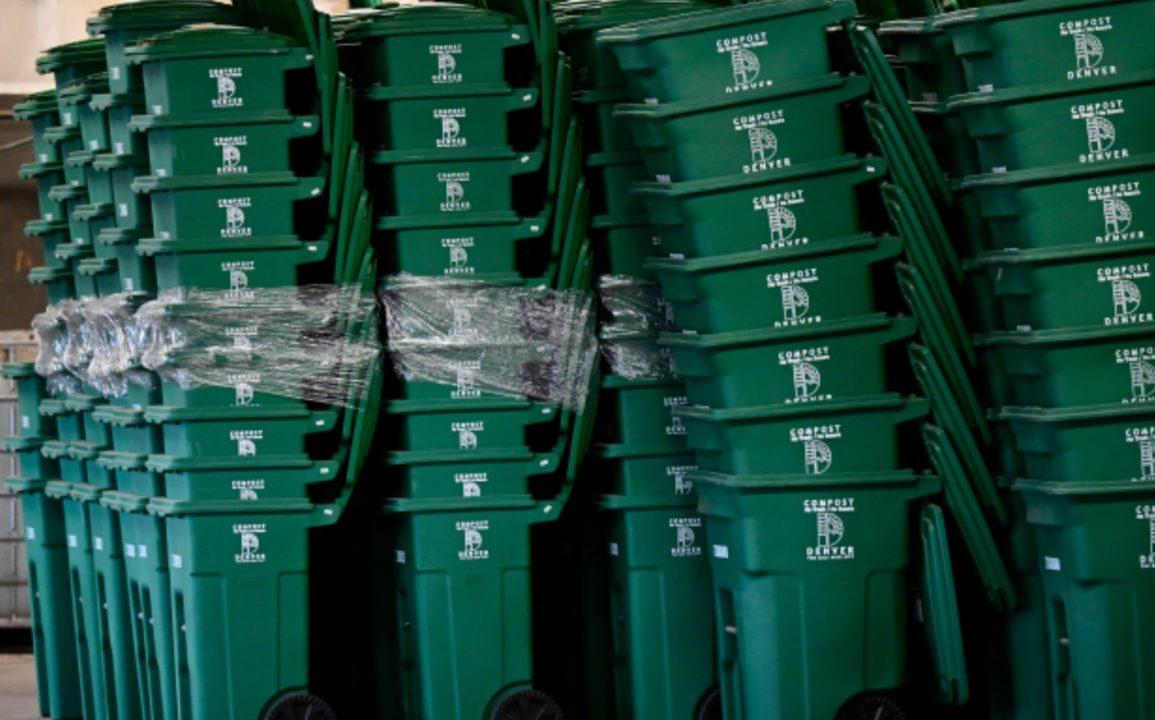Starting on January 6, 2025, Denver residents will experience a reduction in solid waste services. The Department of Transportation and Infrastructure (DOTI) will transition to an every-other-week recycling collection schedule, as well as reduce large item pickups from every four weeks to every nine weeks. These service changes were announced in an effort to adjust the city’s waste management practices.
The adjustments coincide with an accelerated rollout of citywide compost services. DOTI plans to complete the rollout by the end of March 2025, nine months ahead of the original schedule. This acceleration reflects the growing demand for composting options, as expressed by Denver residents. Mayor Mike Johnston emphasized that this move would meet the city’s waste management needs in a more climate-friendly and cost-effective way.

As part of the compost service expansion, 67,000 residents in four collection districts will be asked to choose the size of the compost cart they would like by January 10, 2025. The compost carts will be delivered to these areas in February and March. This initiative is part of the city’s ongoing efforts to improve waste diversion and reduce landfill dependency.
DOTI explained that the reduction in recycling service is necessary because the city did not see a significant increase in recyclables collected despite weekly pickups in 2023 and 2024. By moving to biweekly collections, the city expects to save 170,000 miles of truck driving annually, which will reduce fuel consumption and environmental impact. The change in large item pickup frequency is designed to encourage residents to find alternative disposal options, such as donation or repurposing, rather than sending items to the landfill.
Despite the reductions in recycling and large item pickup, DOTI has assured residents that there will be no increase in trash collection fees for 2025. Fees will remain tied to the size of individual trash carts. DOTI also aims to improve overall customer service and route reliability, with the goal of increasing collection completion rates from 90% to 95%, ensuring that waste is picked up as scheduled.

